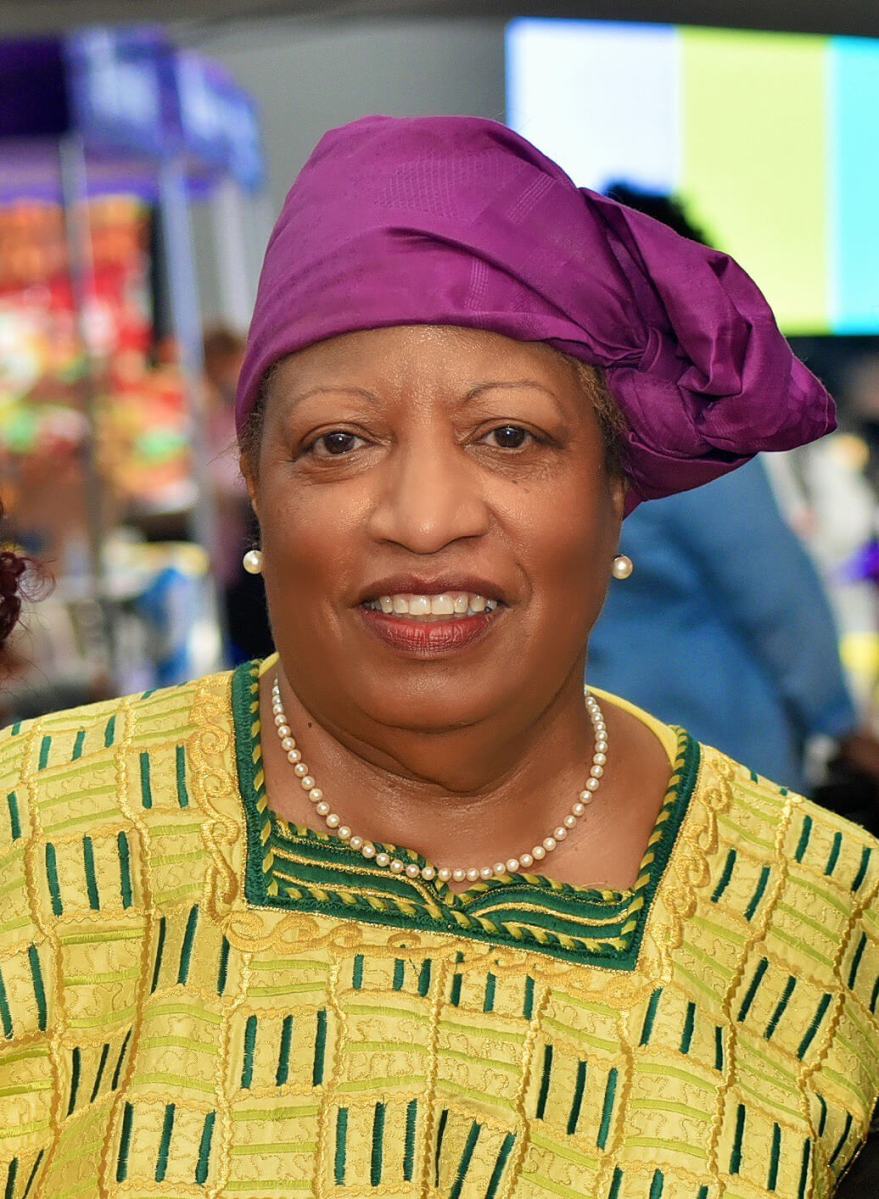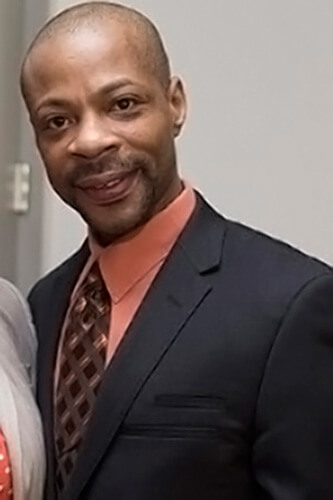Brooklyn’s historic Medgar Evers College (MEC), celebrating over five decades of advancing knowledge, social justice and excellence, becomes the first City University of New York (CUNY) campus to offer a cannabis minor degree program.
The college said in a statement on Wednesday that students can now enroll in “Introduction to the World of Cannabis,” a prerequisite course for many of the other cannabis courses in this degree program.
In following semesters, students can choose four courses from any of the 13 newly-developed courses to earn a cannabis degree minor in one of four different tracks.
“These courses provide educational opportunities not only to MEC students but to all students at the other 24 CUNY campuses via e-permits,” the statement said.
“Exemplifying its core mission to provide educational workforce development and opportunities for economic expansion, MEC’s cannabis minor and forthcoming adult education program will feature the skill-building instructional support needed to foster new cannabis leaders in the areas of testing, cultivation, business and health,” it added.
“As a botanist, I’m particularly pleased to see that the institution that I’ve been selected to lead is on the cutting edge of providing educational opportunities to learn about the many beneficial uses of plants, such as cannabis, and to provide the training necessary for our students to be able to compete for burgeoning opportunities in this new industry,” said MEC President, Dr. Patricia Ramsey.
“Education is a key step in raising awareness of the non-recreational benefits of plants, such as cannabis,” she added. “Often times, communities of color are the last to benefit from emerging economic opportunities.
“The science faculty and the business faculty collaborated in developing the minor in cannabis education; thus, exposing the students to the science, health, technical and business aspects of this new industry,” Dr. Ramsey continued.
Coinciding with New York State’s recent adult-use cannabis legalization, MEC said the program seeks to engage degree and non-degree students, faculty and staff, advocacy groups and community members, including the formerly incarcerated and those transitioning from the legacy market.
“The program can serve as a resource for policy-makers through its diverse instructors and partnerships and support with organizations, multi-state operators, and state license holders, including the cannabis leadership organization Women Grow; the iconic Cookies cannabis brand, the Webber Wild Impact Fund, led by five-time NBA All-Star, 2021 Basketball Hall of Fame Chris Webber; medical dispensary giant Columbia Care, influential Cannabis Advisory Group, and NYC community-focused foundation Gotham Gives,” the statement said.
Gia Morón, president of Women Grow, said “the significance of a cannabis minor at Medgar Evers College is not lost upon those familiar with the legacy of its namesake who fought for civil rights.
“We believe this program and future cannabis programs at MEC will serve as a model for other institutions of higher learning that can respond to socio-economic shifts through programming centered on community needs,” she said. “Too often, colleges located in neighborhoods that once served as the battlegrounds in the failed war on drugs are denied access to pivotal opportunities.
“MEC’s program speaks to those needs and we applaud their action. As an emerging industry we must continue to work together in partnership to provide the necessary resources and access for Black and Brown communities,” Morón continued.
MEC said the program was spearheaded by the MEC Cannabis Education Taskforce, and is housed in the Department of Chemistry and Environmental Science.
The taskforce comprises four members” two faculty and two alumni. The faculty leads are Dr. Alicia Reid, chair of the Chemistry and Environmental Sciences department, and Dr. Micah Crump, professor of Business and Entrepreneurship.
Alumni Vikiana Clement, a corporate software engineer, and entrepreneur, and Joel Strothers, a civil and environmental engineering Ph.D. student at Princeton University, round out the team.
“The central tenet of this entire program is to achieve targeted outcomes that will elevate a community that has been sidelined, blocked out, stifled, alienated, and even forgotten because of the devastating and adverse impact of the US’s historical war on drugs and associated cannabis policies,” said Dr. Reid.



























